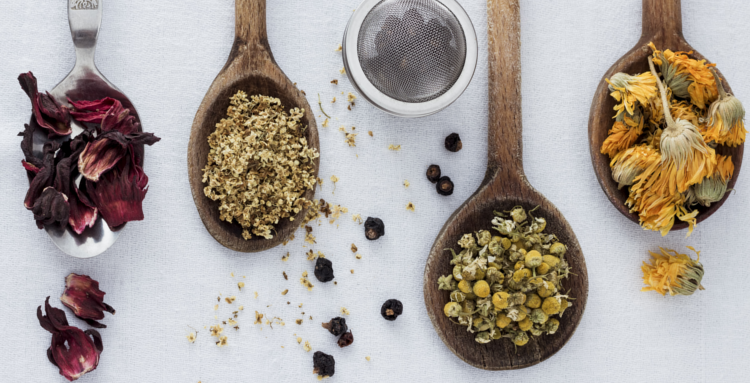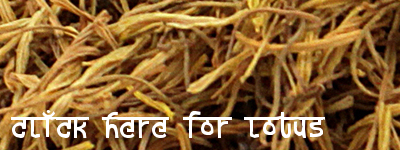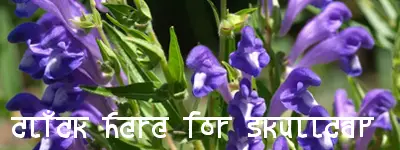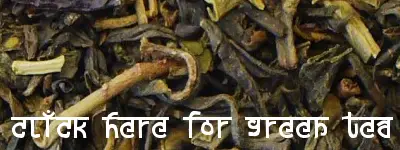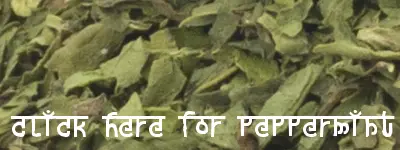Stress, headaches, allergies, detoxing, cramps, and the common cold. These are just some of the most popular reasons why someone might brew up a cup of healing herbal tea – but wait, there’s more!
For thousands of years, herbal brews have been celebrated as a source of energy, light, and alignment for those who have meditation, prayer, contemplation, or other spiritual work in their lives. Herbal teas are a calming way to bring some powerful herbal allies into our lives so that we can go deeper, experience more, and become greater in our spiritual work.
Many herbs are celebrated in various traditions across the world and the ages as great helpers in accomplishing spiritual growth. These herbs can do everything from help us release blockages and negativity to open up energy channels and connect us to the Earth and Sky. Herbs that lean towards the spiritual are some of the most respected and time-honored of all plant medicines, and I am so happy to be sharing some of them with you today!
Below we’ll explore some individual herbs you can brew into tea and use before, during, and after your meditation sessions. I’ll also share a favorite meditation herbal tea recipe with you that you can blend up and enjoy in your own kitchen!
Saffron
Don’t let the steep price tag scare you away too fast!
Saffron is one of the most heart-opening, spiritually-uplifting, negativity-removing herbs of them all. Saffron is made of tiny individual stigma strands of a special crocus flower. The strands must be hand-picked which takes hundreds of hours and requires expert detail and dedication.
While you’re at it, saffron is my personal favorite herb to use for depression and disconnection.
I suggest using just one or two saffron strands as part of a meditation herbal tea blend. A little goes a long way!
Saffron should be avoided by those on blood thinners or by pregnant women.
Lotus
From Buddhist canons to ancient Vedic inscriptions, the lotus flower has been a timeliness symbol for spiritual enlightenment, transcendence, and devotional love. This gorgeous flower rises up from muddy water where it blooms on the surface, appearing to float. The lotus has been a sacred symbol of eternal life in traditions as diverse as ancient Egyptian Kemeticism to Hinduism and Buddhism.
Any part of the lotus can be used for meditation herbal tea, but I love the stamens and petals. The energy, aroma, and color of lotus stamen tea are perfect to deepen meditation practice, and they lend well to many blends.
I suggest using a pinch of lotus stamens added to a larger blend, especially one that’s heavily floral.
Skullcap
This unexpected herb is one of my personal favorites for cultivating calm, deep, and lasting meditation ability. Skullcap is traditionally used as an herbal tea additive to help with anxiety and racing thoughts, but after years of working with it I found that it’s also a wonderful friend to the spiritually-inclined individual.
Skullcap gently balances and protects the crown chakra and helps lower stress and strain so that the body and mind can both let go and float on the meditative ocean of love.
A little skullcap in a blend works wonderfully for daily meditation, while more creates a light relaxing effect. I use the flowers, leaves, and stems.
Green Tea
The effervescent flavor and aroma of green tea, especially the jasmine variety, has been used by Buddhist monks for centuries to help facilitate their many daily hours of deep meditation. The theine (caffeine) content in jasmine green tea is just the right amount to help activate the mind and empower visualization and presence without causing agitation or jitters. The jasmine influence creates an open heart, light mind, and deep spiritual connection.
Jasmine green tea makes a wonderful ‘base’ herb to which you can add a pinch of saffron, lotus, or any of the other herbs discussed here.
Rose Petals
For those who have love as the focus of their meditation practice, such as Bhakti-Yoga, rose petals are a wonderful and classic herbal tea that can help open the heart, calm the mind, relax the body, and soothe the nerves. Often times our daily stress, worries, and anxieties get in the way of us quieting down and really experiencing the presence of Divine Love – but when rose petals are present it’s all good!
Rose petals are amazing with green tea or any of the mints. Add a generous teaspoon scoop since the flavor is quite humble and the aroma is great when it’s strong!
It is crucial that you only enjoy rose petal herbal tea that is 100% organic. Click the image below to see my source. Pink roses are my favorite!
Peppermint
Peppermint herbal tea is a cooling, invigorating, yet calming brew that has a unique spice that relaxes, soothes, and opens. This is a wonderful herbal tea to enjoy cold in the summer and hot in the winter, and it makes the perfect base for any of the other meditation herbs discussed above.
Peppermint relaxes the head and neck and can alleviate even intense migraine headaches. It boosts energy levels while also calming and centering, and doesn’t have the stimulant effects of caffeine.
Other Meditation Herbs…
Ginkgo, Rosemary, Ashwagandha, Holy Basil, and ginseng can all help with meditation and spiritual practices in a variety of ways. If any of them speak to you, enjoy researching them to learn more, and possibly include them in your next blend!
Josh’s Meditation Herbal Tea Blend
Combine the following herbs…
- 1 Tablespoon Peppermint (caffeine-free) or Jasmine Green Tea (contains caffeine)
- 1 pinch Rose Petals
- 1 pinch Skullcap
- 5 Lotus Stamens (optional)
- 2 Saffron Strands (optional, skip if on blood thinners or when pregnant)
Combine all herbs. Steep in 8-10 ounces of boiled water for 6 minutes. Strain and cool until tea is a safe and comfortable temperature. Enjoy before meditation, during, or after!


